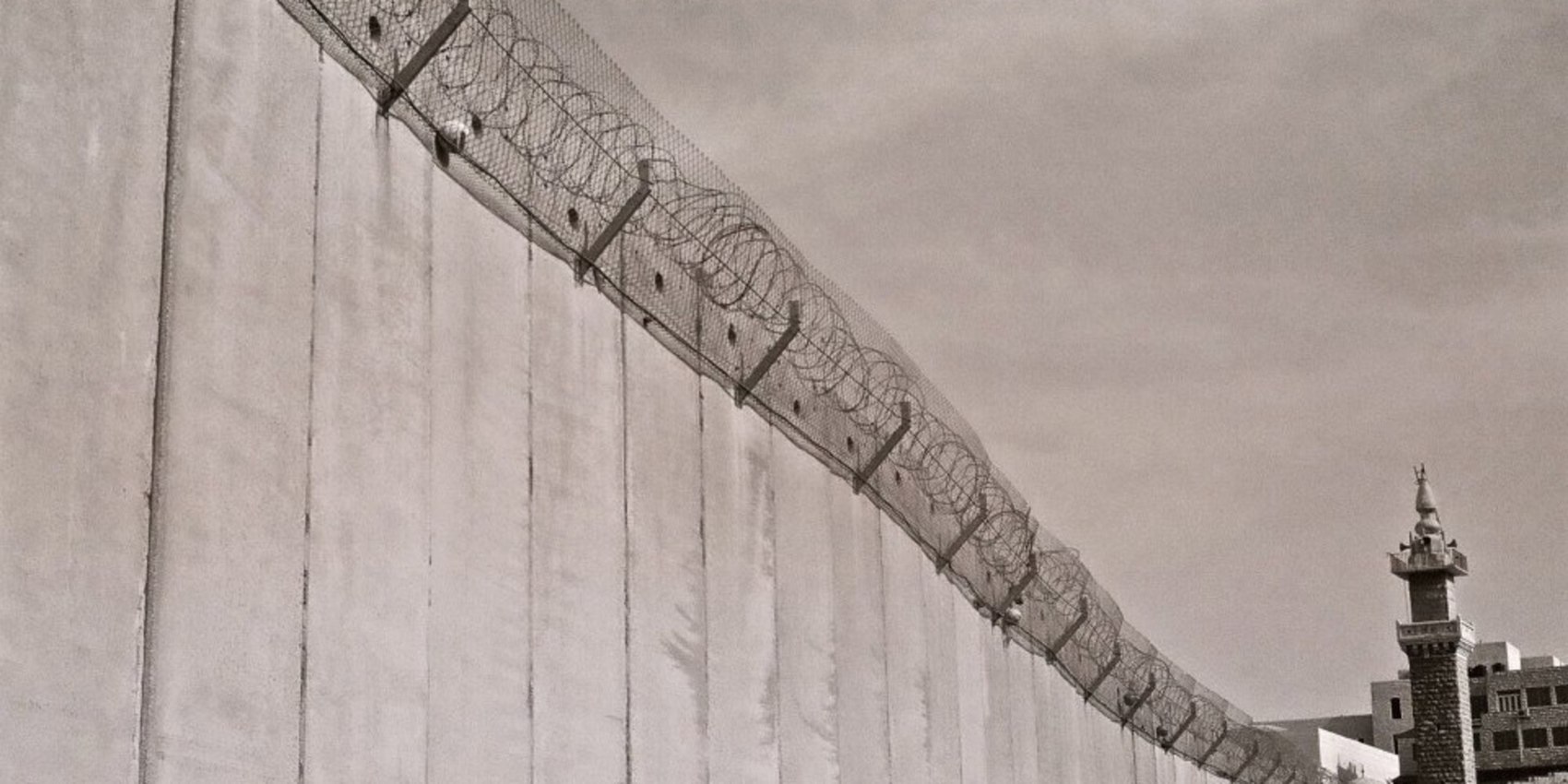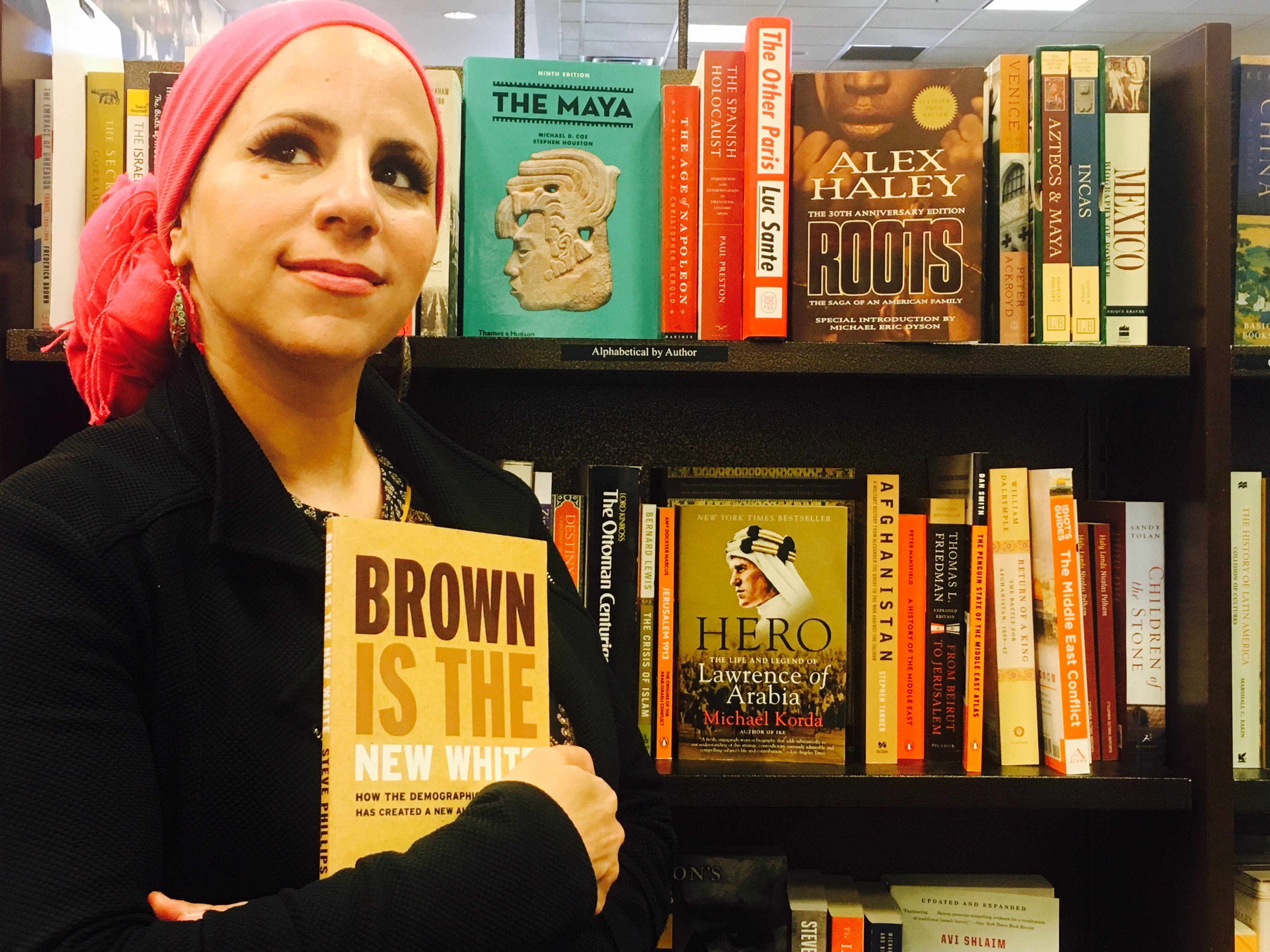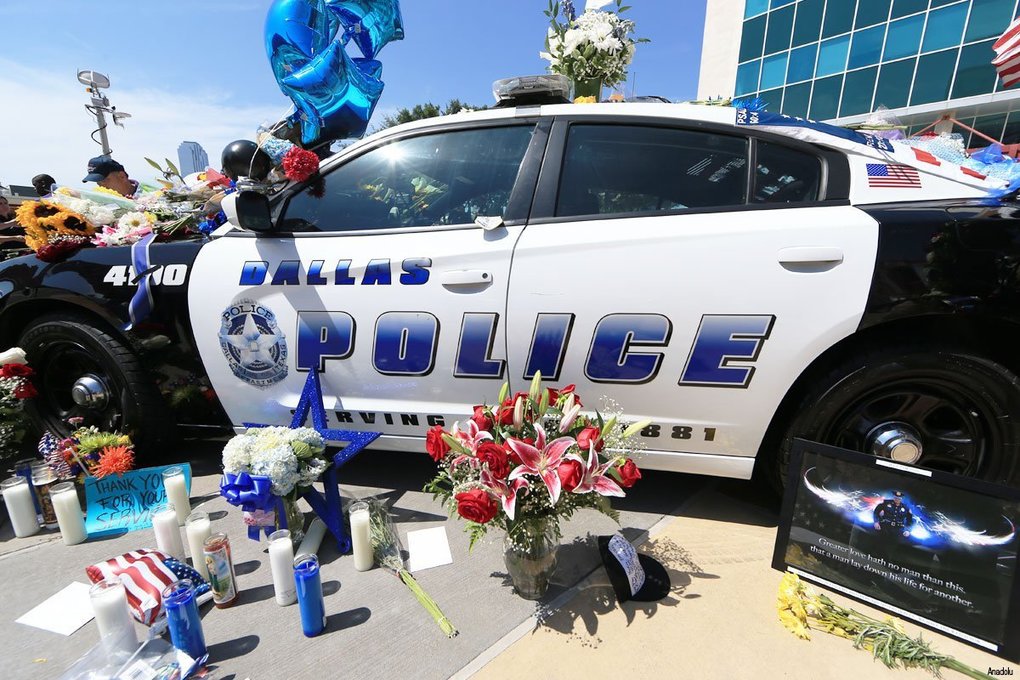
Naomi Dann
The Huffington Post
On June 24, as the Democratic Party platform drafting committee meeting in St. Louis, Missouri debated late into the night over whether to call Israel’s nearly half-century-old military rule over the Palestinians an ‘occupation,’ the Presbyterian Church USA’s General Assembly meeting in Portland, Oregon voted to adopt some of the most progressive policies on Palestine of any major U.S. institution. Sitting in the back of that convention center surrounded by an interfaith, intergenerational group of human rights advocates, including Jews, Palestinian Christians and Muslims, Presbyterians, and Quakers, I caught a glimpse of what might be possible if leaders and policymakers admitted the truth.
The message of the Church was clear: in the absence of a just peace, what is needed are concrete steps to end the egregious injustices and human rights abuses taking place in Israel/Palestine and lay the groundwork for a future with equality and justice for all.
Yet, as I sat in the back of that hall, my phone lit up with tweets about the #DNCPlatform debate over Israel/Palestine, reminding me once again of just how far many U.S. political leaders are from taking the necessary action to make that future possible.
If you can’t even name the problem, how can you expect to solve it? As the Arab American Institute’s James Zogby told his fellow members of the platform drafting committee: “We have to be able to call it what it is. It is an occupation that humiliates people; that breeds contempt; that breeds anger, and despair and hopelessness that leads to violence.” That reality has certainly been on display in the region in recent months, as Israel’s repressive policies, including expansion of illegal settlements on Palestinian land, extrajudicial killings, arbitrary imprisonment, and collective punishment in the form of restrictions on movement and home demolitions have escalated in response to attacks by frustrated individuals.
The debate over the Democratic Party’s approach to Israel/Palestine during the platform committee process is a clear illustration of just how out of touch many US politicians, including leaders of the Democratic party, are with both the situation on the ground and changing public opinion on Israel/Palestine. Recognition that Israeli policies, including occupation, dispossession, and siege, are underlying causes that drive the conflict, along with support for efforts to protect Palestinian human rights, has been growing among Democratic voters over the last several years, particularly among liberals, young people, and people of color. A recent Pew Poll found that liberal Democrats sympathize more with Palestinians than Israelis, while a poll released by the Brookings Institution in December 2015 revealed that 49% of Democrats would support sanctions or stronger action against Israel over settlement construction.
The draft of the Democratic Party platform being debated in Orlando this weekend fails to represent these growing constituencies that care about Palestinian human rights. As it currently reads, the platform omits any reference to the occupation regime that has dominated the lives of millions of Palestinians for nearly 50 years, or the daily violence Israel inflicts on Palestinians to enforce that occupation.
Naming the reality of the occupation is the bare minimum necessary for taking any realistic steps towards ending it.
Moreover, the platform now contains a clause attacking the grassroots Boycott, Divestment and Sanctions (BDS) movement for Palestinian rights. The condemnation of BDS is part of a broader campaign to suppress BDS in the US, which has escalated in recent months. Eleven states have passed bills intended to suppress BDS, and just last month New York Governor Andrew Cuomo signed an executive order requiring the state to create a blacklist of institutions that abide by BDS campaigns. These various measures threaten the civil liberties of all Americans to engage in boycotts and other economic acts of conscience in support of human rights and social justice struggles, as noted by the American Civil Liberties Union, Center for Constitutional Rights, the National Lawyers Guild, and others.
Growing constituencies of Americans recognize that a just peace between Israelis and Palestinians will require the U.S. to give equal weight to concerns for Palestinian security and freedom as it does to Israeli security. There can be no real security for anyone in the region while Israeli policies continue to incite pain, anger and frustration.
In truth, the platform itself is primarily symbolic, and the final language matters less than the policies actually implemented by policymakers and leaders once in power. However, the much-publicized fight over Israel/Palestine in the platform has made it clear that, even as the public conversation on Palestinian rights has advanced significantly in recent years, many politicians from both parties are still standing in the way of ending the unjust status quo. In the absence of a just peace, the very least the Democratic Party can do is admit that there is an occupation, and that it has to end.
Naomi Dann is a writer focusing on Israel/Palestine and U.S. foreign policy, and the media coordinator at Jewish Voice for Peace. She is writing in her personal capacity, Jewish Voice for Peace is a non-partisan 501 (c) 3 organization and does not support or endorse candidates or parties.
Source: www.huffingtonpost.com





